Despite Republican efforts to cut addiction services, Sen. Heitkamp works to protect funding and bring communities together
(BISMARCK, ND) – Despite partisan efforts in Washington, DC, to severely scale back funding for addiction treatment services in states impacted by the opioid crisis, U.S. Senator Heidi Heitkamp continues working to build support for policies that help address North Dakota’s needs when it comes to fighting addiction.
“While congressional Republicans and the administration talk about addressing the opioid crisis, their actions show they’re actually pushing to dismantle Medicaid and impose devastating cuts to addiction services, which is what the Republican health care bill would have done,” said Democratic-NPL spokesperson Daniel Tick. “On the other hand, Senator Heitkamp has been working for years to bring community members, advocates, and experts together, listening to their concerns, and elevating these concerns to the Senate. And she’s fighting back against proposed cuts to the very programs that make a difference in battling addiction in our communities.”
Engaging leaders and community members:
Over the last several years, Heitkamp has held numerous roundtable meetings with leaders and community members from across the state to discuss the addiction-related challenges they face in their hometowns. In the past 18 months, she’s held six in-state meetings with health care providers, addiction specialists, law enforcement and families affected by the crisis – including meetings in Bismarck, Jamestown, Fargo, Minot, Grand Forks and Dickinson. These public meetings also serve as a forum for leaders from around the state to share their successes in working to address addiction.
Heitkamp’s LifeBOAT Act:
In 2016, Senator Heitkamp helped pass the Comprehensive Addiction and Recovery Act (CARA), which uses existing funds to provide more tools for first responders, law enforcement, and educators responding to the opioid crisis. Heitkamp then helped introduced the Budgeting for Opioid Addiction Treatment (LifeBOAT) Act, which would strengthen CARA by providing communities with the funding they need for addiction services, treatment programs and recovery efforts. This funding would come from a one-cent fee on each milligram of active opioid ingredient in prescription pain pills – with exceptions for addiction treatment as well as rebates for cancer-related pain and hospice care.
Opposing cuts to services:
Senator Heitkamp took a strong stand against efforts to end Medicaid expansion, dismantle traditional Medicaid, and slash budgets for addiction services in the Republican health care bill.
Ending Medicaid expansion in North Dakota would not only create significant problems for continued funding for treatment services – it would also make it difficult for clinics and treatment centers to stay up and running. Across the country, Medicaid provides about one-fourth of all addiction treatment services. Meanwhile, the administration’s budget would impose $400 million in cuts to federal mental health and substance abuse treatment programs, while keeping funding flat for other addiction initiatives.
-30-

